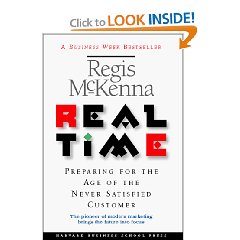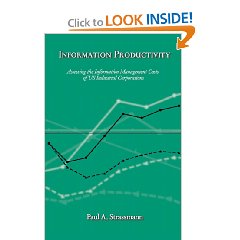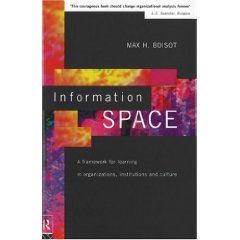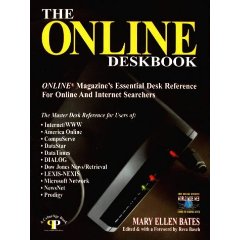Great airplane book. The story of Jim Clarke, the only man to have created three billion-dollar ventures-Netscape, Silicon Graphics, and Healtheon. Documents the shifting of power from Wall Street to Silicon Valley, and offers some wonderful insights into the culture. Does not, by virtue of focusing on the one really big success story out of the Valley, begin to address the human waste and carnage from all the failed start-ups.











